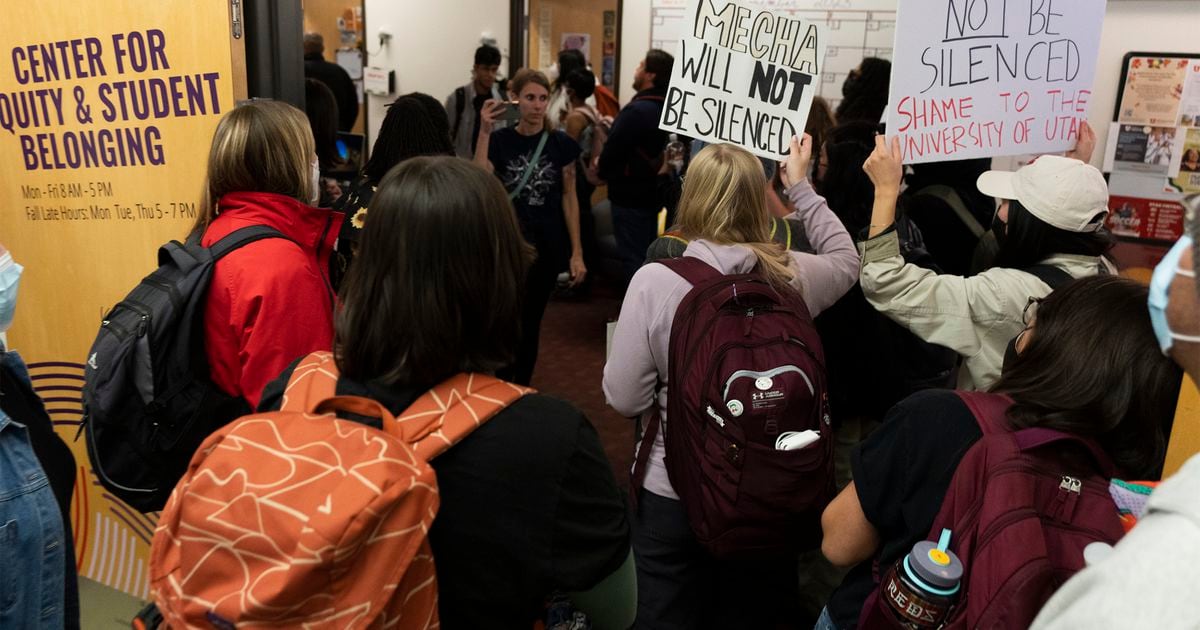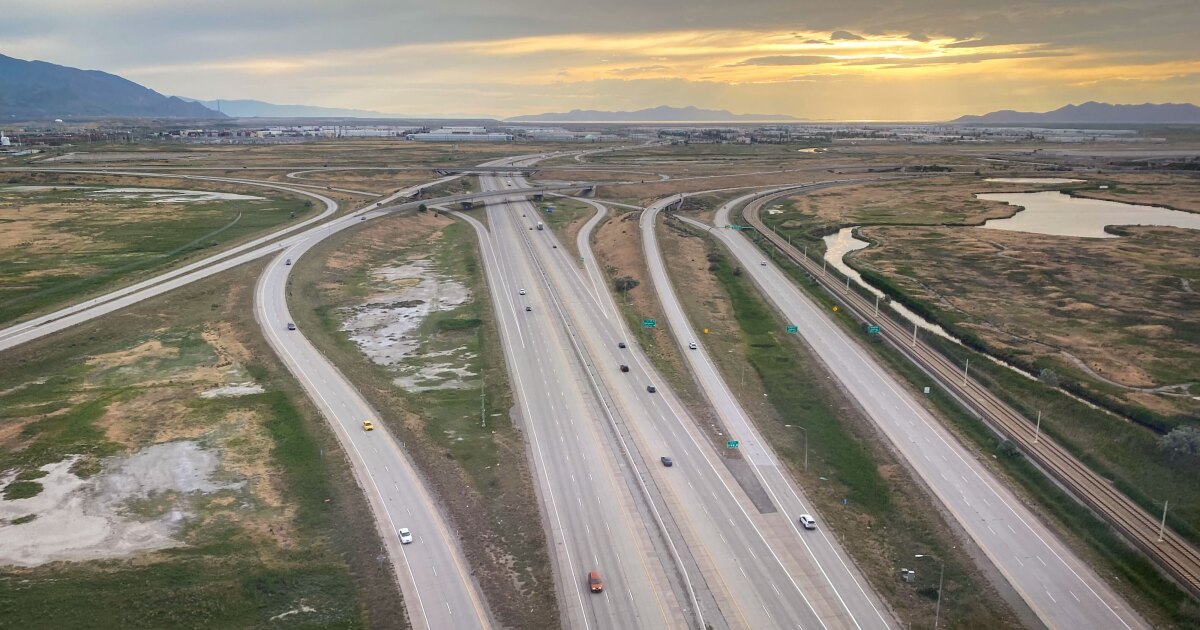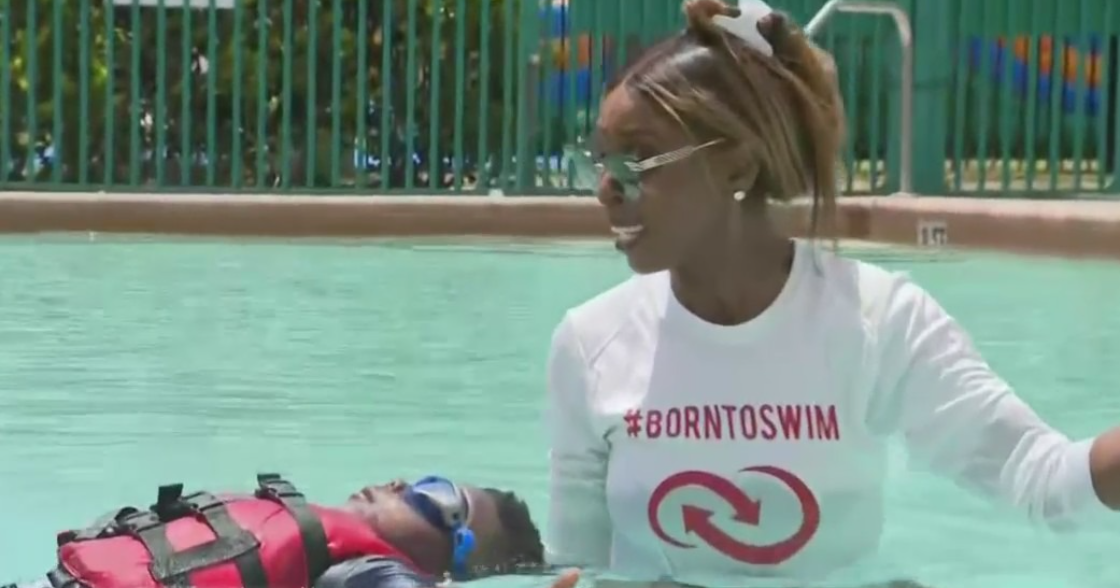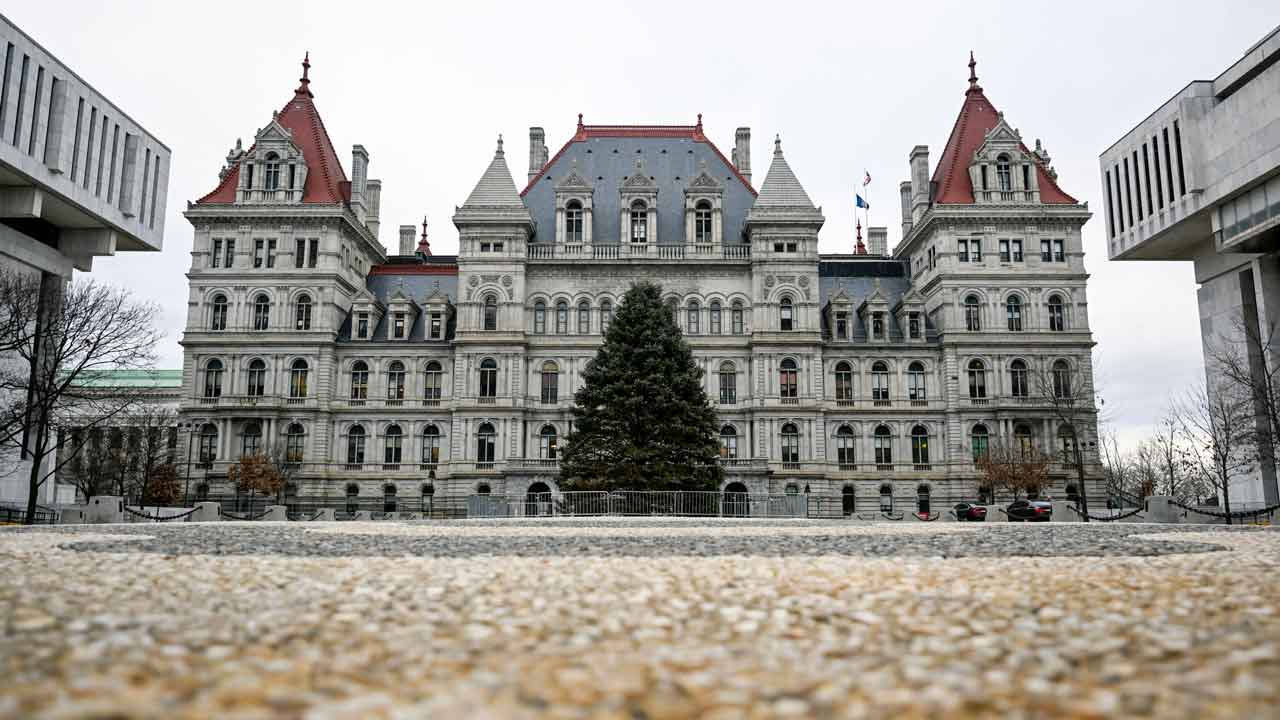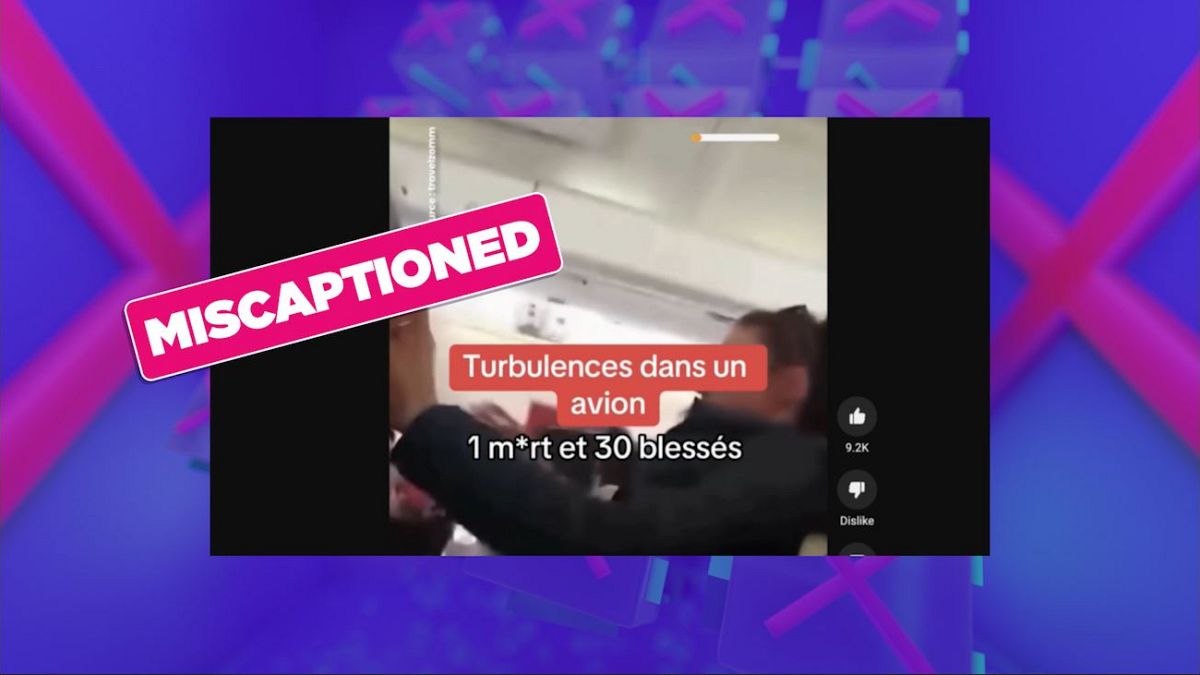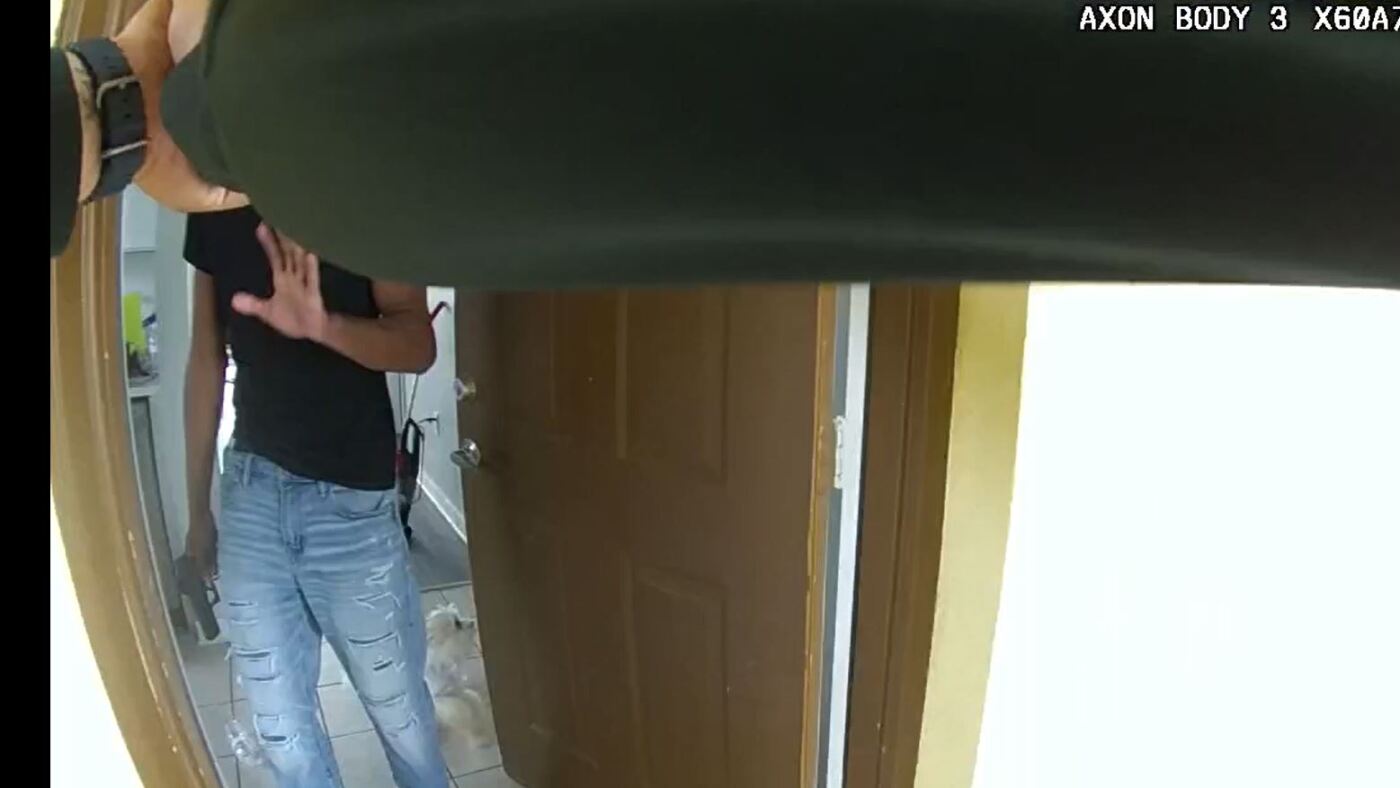A student group at the University of Utah is demanding to be reinstated after the school withdrew its sponsorship last week following recent rallies led by the club — including one in support of Palestine.
Student members of MEChA protested for nearly six hours Wednesday, calling the decision “censorship” and chanting “we will not be silenced” into megaphones. At one point, they took over an office on campus, refusing to leave until the U.’s administration agreed to meet with them.
“We have been targeted by the university for speaking out,” one of the students shouted.
More than 150 students, many from marginalized communities, joined the protest at the Center for Student Equity and Belonging. They spread out and occupied that space for more than an hour, packing the office from wall to wall while waving a Palestinian flag.
That center had sent MEChA the letter on Nov. 9, signed by Associate Director Montelleo D. Hobley Jr., that announced it was pulling its sponsorship because of “behavior that violates university policy.” It came on the same day as the group’s march in solidarity with Palestinians during the ongoing Israel-Hamas war, and about a week after the group had also protested an event about the transgender community held by a conservative student club on campus. The U. said the decision to revoke its sponsorship wasn’t because of the Palestine rally but rather due to MEChA disrupting that latter event to the point it had to be canceled.
The U.’s chapter of MEChA, which stands for Movimiento Estudiantil Chicanx de Aztlán, is part of a national organization that started to represent Latino students; “mecha” also translates to fuse or wick. It has shifted into more of a political group for all underrepresented populations — particularly students of color and LGBTQ students. MEChA de U of U describes itself as “anti-imperialist, anti-colonial, socialist.”
In addition to withdrawing the group’s approval, the Center for Student Equity also stated that the club’s annual conference mainly for high school students of color — in its 28th year at the U. — would be canceled six days before it was supposed to be held.
The club still had the ballroom of the U.’s Union reserved for the event, and they started their sit-in there before moving to the center’s offices. They stomped on the hardwood floors and banged their hands on the tables. “Whose campus?” they shouted. “Our campus.”
“Students deserve to feel represented in higher education,” said Chantal Irungaray, a Latina student and a leader in MEChA, which she said has about 200 active members. “Black and brown students should have space here.”
On Wednesday, a university spokesperson responding to the sit-in pointed to a statement the school had issued last week about club sponsorships and the limitations of free speech on campus.
“The time, place and manner of persons exercising their rights of free expression, speech, assembly and religious worship are subject to campus regulation,” it states. Additionally it notes that all student organizations are held to “student behavior standards.”
The school also released a statement from Mary Ann Villarreal, the vice president for Equity, Diversity, and Inclusion (EDI) at the University of Utah. The letter was drafted as a response to individuals emailing her upset about withdrawing MEChA’s sponsorship.
“I want to assure you that this decision was not an easy one,” she wrote, “and was made only after thorough deliberation, including careful consideration of what chances there might be for an alternate solution.”
Without sponsorship, the club will now be a “registered student organization.” That means it doesn’t have to have an advisor, and is not formally considered a part of the university and cannot use university trademarks.
The students of MEChA rallying Wednesday called for Villarreal’s resignation and alleged that the U.’s support of equity and diversity is performative and suggested it was “phony EDI.” They feel the university is trying to silence them for standing with Palestine, but the school said that’s not the case.
Demonstrations over the Israel-Hamas war have sparked tensions on college and university campuses across the nation. And student groups have met pushback as they express support for Palestinians. The U.S. Senate last month passed a resolution specifically condemning what it called “anti-Israel, pro-Hamas student groups.” Columbia University in New York suspended two pro-Palestinian student groups for allegedly violating campus policy.
The first rally
The first event that spurred backlash at the U. with MEChA was the group’s protest on Nov. 1 at an event held by a conservative campus club.
The U.’s chapter of Young Americans for Freedom was hosting a screening of the movie “Damaged: The Transing of America’s Kids,” a documentary about transgender individuals who transitioned and later returned to their gender assigned at birth.
To advertise for the event, Young Americans for Freedom hung up posters around campus that said, “Men shouldn’t be in women’s bathrooms” and “The transgender movement harms women.” They were approved for posting by the University of Utah.
MEChA students saw those flyers and posted photos of them on their Instagram page, calling them transphobic. They organized what they called an “emergency protest” of the event.
About 50 MEChA students showed up filling the seats in the room at the Marriott Library, waving posters and shouting over the Young Americans for Freedom speakers. They chanted, “Trans people are welcome here.”
University of Utah police officers asked the MEChA students to leave after about 15 minutes, saying they were disrupting the event. The Salt Lake Tribune has seen video of an officer grabbing a student and putting the student’s hands behind their back. At that point, U. police shut down the Young Americans for Freedom screening.
U. spokesperson Rebecca Walsh says that no students were arrested at the event and none, as of Wednesday, have been referred for criminal prosecution or student discipline.
U. police has turned over body camera footage to Salt Lake District Attorney Sim Gill’s office for review. When asked if charges were being looked at, Walsh said, “It’s an ongoing investigation.”
“We’re being looked at as if we’re terrorists,” said Julio Irungaray, Chantal’s brother and a member of MEChA.
The U. has largely pointed to MEChA’s actions at that event as the reason for pulling the group’s sponsorship. In the letter from the Center for Student Equity and Belonging, the school wrote: “The law does not permit one side of a dispute to disrupt and prevent another from peacefully speaking their mind.”
In the statement from the U. on free speech on Nov. 11, the school added that it is prohibited to infringe “on the speech of another, for example, by creating noise to drown out a speaker.” University police, it said, will step in when that happens.
Villarreal added in her statement, as well: “What we cannot allow is for any student organization to shout down or shut down another student group’s programming or speech … no matter how vigorously they might oppose the message.”
The U.’s LGBT Resource Center also put out a statement on social media, criticizing the event and saying it is “shocked, horrified and saddened” by the flyers.
But the school said signs and posters are also covered by the university’s speech policy, and the Young Americans for Freedom’s flyers didn’t violate that because they weren’t targeting an individual, inciting violence or threatening someone.
“Groups that follow these rules may still post flyers and signs that are offensive to identities, beliefs and cultures of other campus community members,” the school wrote.
Lucy Atwood, chair of the U.’s Young Americans for Freedom chapter — which is a “registered” student group — said in a statement to The Tribune: “The University of Utah has an obligation to ensure we can exercise our first amendment rights by bringing conservative speakers to campus without the threat of a hecklers veto – a fact that we have made the school legally aware of. The beliefs and ideas of conservatives matter and our voices will be heard.”
The second rally
MEChA held its rally in support of Palestinians on Nov. 9. Hundreds of students joined in the march across campus, carrying signs that said “Viva Palestina” and chanting “From the river to the sea.”
The letter from the university pulling their sponsorship came later that day.
“It’s not a coincidence,” believes Julio Irungaray.
MEChA students say they feel they’re being punished for supporting Palestine.
In particular, they believe the University of Utah benefits from grants from Israel. In 2019, for instance, the school accepted $123,000 from the U.S.-Israel Binational Science Foundation for private research. That year, the U. received $3 million total from foreign donors.
The university, though, issued a statement in October, condemning all violence in the ongoing war. “We are horrified by the continuing violence, death and destruction in the Middle East and its impact on members of our campus community,” the school said.
MEChA is demanding that the U. cut any ties with Israel and issue a strong statement against the killing of Palestinian people.
“Resistance is justified when people are occupied,” shouted Muna Omar, a Palestinian and U. alumnus who joined the MEChA rally Wednesday. She started a Students for Justice in Palestine chapter at the University of Utah when she was a student eight years ago.
The university said it did not pull the sponsorship of MEChA because of its support for Palestine.
Villarreal wrote in her letter: “I feel the need to make it clear: MEChA’s status was not changed because of their decision to participate in protests or because of their message. The division of Equity, Diversity, & Inclusion, CESB, and the entire university stand strongly in support MEChA’s right to speak out on important issues and to make the voices of its members heard. That is fundamental to a democratic society.”
But, she said, student organizations, in order to be sponsored by the U., must abide by the rules and take direction from their sponsoring office — in this case the Center for Student Equity and Belonging.
“Though EDI and CESB made several requests to have open dialogue and share guidance with MEChA, those attempts were largely rebuffed, and directives were continually ignored,” Villarreal added.
MEChA has received support from groups across the state, as well as alumni of the club, including Utah Rep. Angela Romero, D-Salt Lake City, who posted in support of the students. Two members of Brigham Young University’s Black Menaces also joined the rally Wednesday. And several other students group at the U. joined in solidarity, with the Pacific Islander Student Association putting out a statement that said when one marginalized group is attacked, all are.
Meeting with school leadership
MEChA students said Wednesday that they want their sponsorship reinstated, as well as full autonomy over their club. They passed around lists of their demands during their sit-in, which also included the U. rescheduling their high school conference and guaranteeing that MEChA would lead it.
About 300 students annually attend that event, which is focused on those from marginalized communities. Evelyn Solares, the lead organized in MEChA for that, said it’s a chance for Black and brown students to see themselves in higher education.
She’s frustrated by the cancelation, she said, because the U. touts itself as a minority-serving institution. But then, she said, it turned its back on those kids who might not otherwise have an opportunity to visit a campus.
“It was more than just an event,” added Alondra Morales, another organizer of the conference for MEChA. She then shouted, “La lucha sigue” (“The struggle continues”).
Villarreal said in her letter that the U. is looking to reschedule the conference for spring 2024.
After holding their sit-in for five and half hours Thursday, the students secured a meeting for Monday at noon, saying they wouldn’t leave until a date and time was set.
At the end of their rally, they clapped and one student shouted, “La unión hace la fuerza” (“Unity makes strength”). It’s the motto for MEChA.
(Rick Egan | The Salt Lake Tribune) Chantal Irungaray talks to University of Utah Student Body President, Jack O’Leary, as the group Mecha occupies the Union Ballroom during a protest on the University of Utah Campus, on Wednesday, Nov. 15, 2023.

